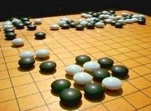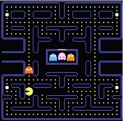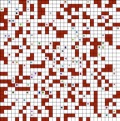Applications


AlphaStar achieves grandmaster level in the game of StarCraft II. Matches were played using a pro approved interface, on the full game without any restrictions

AlphaZero learns chess, shogi and Go by self-play, without human knowledge, to defeat existing world champion programs.
Science-18 (info) arXiv-17 (older)

Max Jaderberg’s For The Win agent learns by self-play, directly from raw pixels, to play Quake III Arena: Capture the Flag at human level.
Science-19 (info) arXiv-18 (older)

Greg Wayne’s Merlin combines memory and reinforcement learning to solve the DeepMind Lab, directly from raw pixels.



First results on the new Starcraft II environment for reinforcement learning




Joel Veness’ Meep is the first master-level chess program with an evaluation function that was learnt entirely from self-play, by bootstrapping from deep searches.




In a previous life, I was CTO for Elixir Studios and lead programmer on the PC strategy game Republic: the Revolution.

